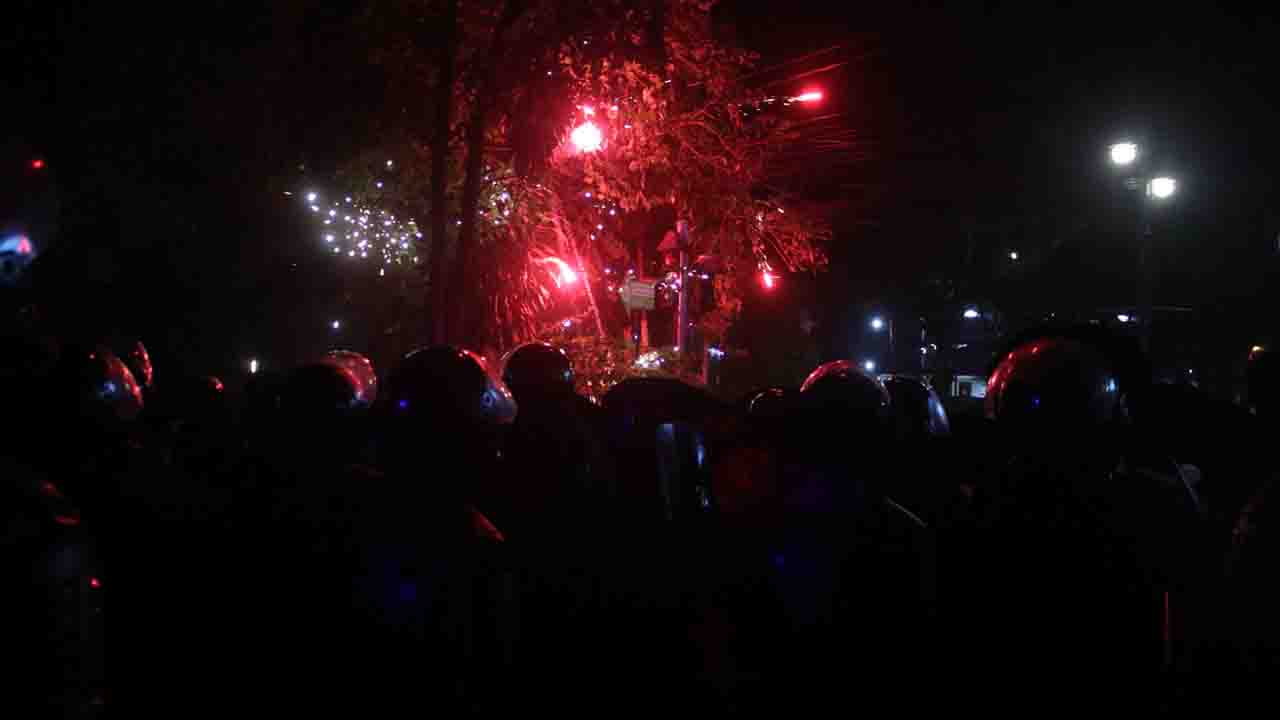
Arcadiadaily – Chaos at Bandung campuses erupted on Monday night, September 1st, when police forces stormed the grounds of Universitas Islam Bandung (Unisba) and Universitas Pasundan (Unpas). The operation involved the use of tear gas and rubber bullets, creating a tense and frightening atmosphere for students, staff, and visitors. Prior to the raid, both campuses had served as safe zones and medical posts for students injured in clashes outside the West Java DPRD building. The sudden police action turned these zones of safety into scenes of chaos, capturing national attention.
“Asia Pacific Set to Lead Global Diesel Engine Market by 2025”
Chaos at Bandung did not spare anyone present on the campuses. Reports confirmed that students, security personnel, and volunteer medical staff suffered injuries during the police operation. Videos capturing the raid quickly went viral across social media platforms, sparking widespread public condemnation. Citizens and activists criticized the aggressive tactics, questioning the necessity of force in locations considered safe havens for affected students. Many argued that the incident reflected broader tensions between law enforcement and student communities in Indonesia, highlighting concerns over crowd control and civil rights.
Chaos at Bandung quickly became a trending topic on social media. With hashtags calling attention to the incident and demanding accountability from authorities. The viral nature of the videos prompted statements from university officials. Who condemned the intrusion and emphasized their commitment to student safety. Local government officials and law enforcement agencies are now facing pressure to explain their actions and ensure that such incidents do not recur. Meanwhile, students and the public continue to discuss the balance between security measures and the protection of civil liberties. Reinforcing the role of campuses as safe spaces for learning and civic engagement.
“Literature as Resistance: Lea Ypi and Elif Shafak Give Voice”